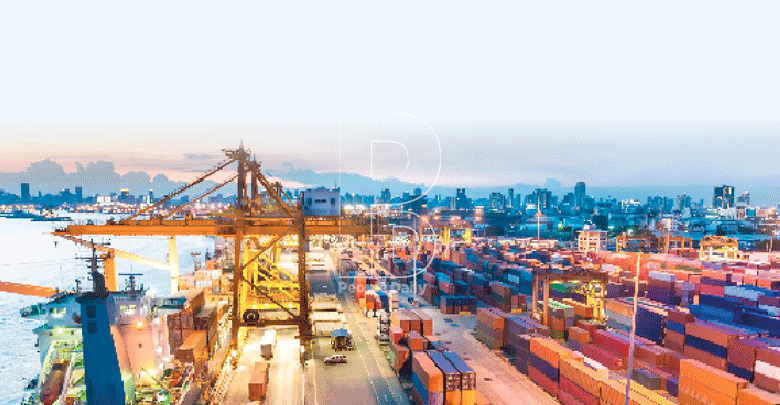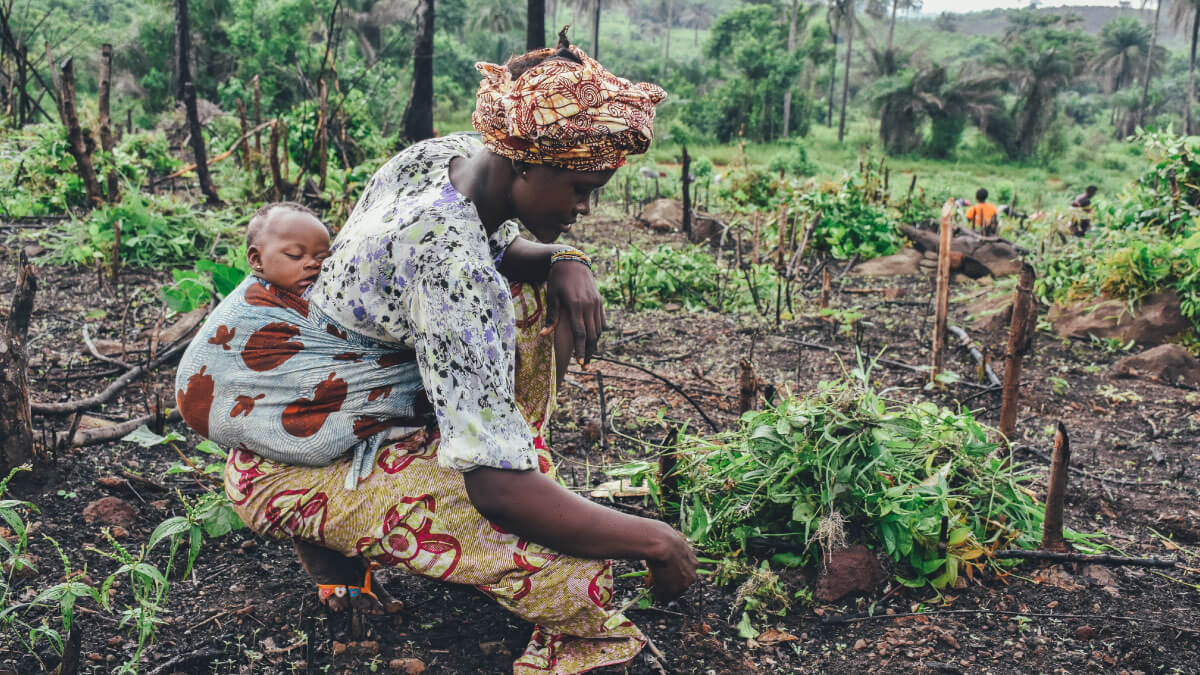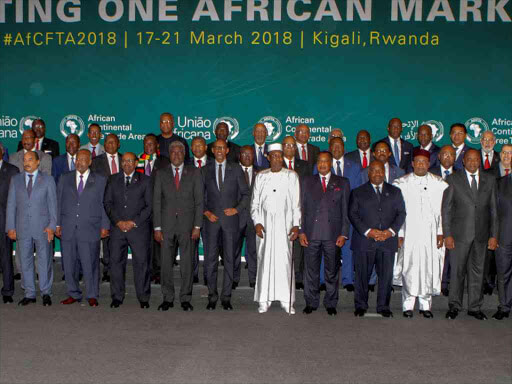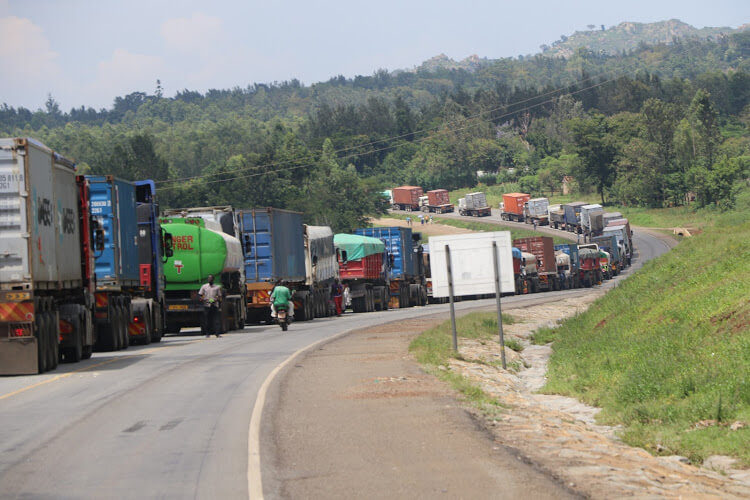Country Financing Roadmap aims to increase private investments Nation first in Africa to launch Country Financing Roadmap To benefit $431.6bn financing gap to meet SDGs Once again, Nigeria was left in the lurch by the World Economic Forum (WEF) to pick its West African neighbour Ghana, as the launch area of the first Country Financing Roadmap (CFR) for the Sustainable Development Goals (SDGs) in Africa. Ghana is the first country in which the CFR was released. It is piloting the initiative which will serve as a blueprint for other countries. The effort is funded and supported by the European Commission (EC) and the Danish International Development Agency (DIDA). The Country Financing Roadmap is a new country-led approach developed with the WEF to improve long-term competitiveness and bring the Sustainable Development Goals (SDGs) to life. The CFR presents a set of country-led plans to encourage greater financing at scale, especially private-sector participation, to meet the SDGs by 2030. The CFR has focused on financing sustainable infrastructure, a key indicator and driver of economic growth and development, which often hampers the ability of a country to attract sizeable investment if left behind, according to the World Bank. The CFR also focuses on the Micro, Small and Medium Enterprise (MSME) sector as it represents about 85 per cent of business within the private sector and contributes to 70 per cent of GDP, according to the report. According to WEF, the Country Financing Roadmap aims to increase private investments to help close the $431.6...
World Economic Forum kicks off first African CFR for SDGs in Ghana
Posted on: June 16, 2021
Posted on: June 16, 2021
























